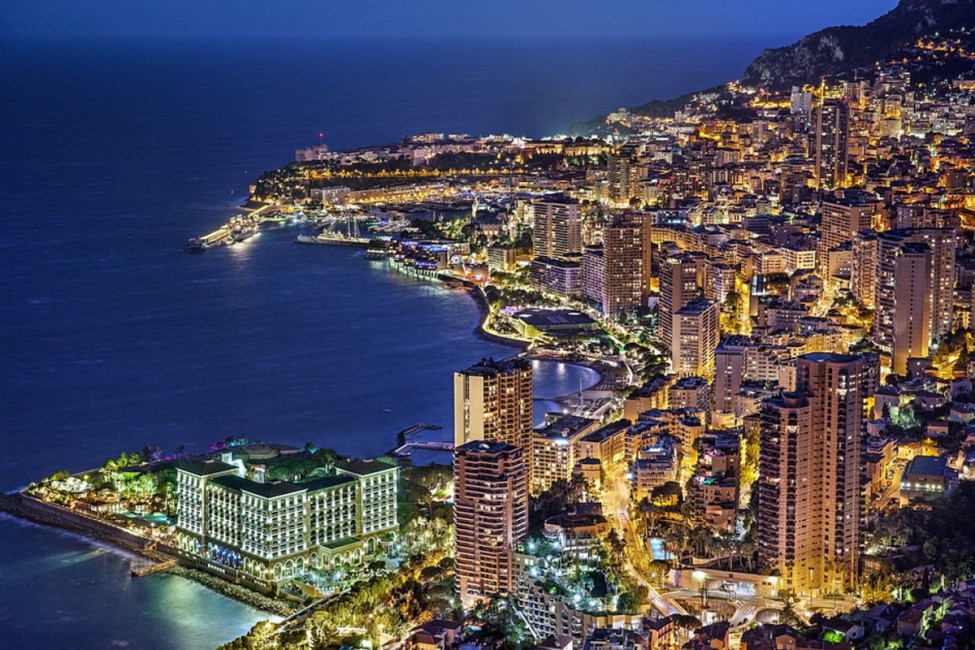Monaco Boots Anti-Money Laundering Arsenal
Since the release of the Moneyval report placing the Principality under reinforced monitoring, Monégasque authorities have rallied themselves “into battle order, in warrior mode” to strengthen Monaco's preventive and repressive arsenal in the fight against money laundering. The aim is to avoid a “catastrophic” registration on the FATF Grey List in May 2024.
In 2023, Prince Albert's message was clear: “I have personally demanded that everything be done to respect Moneyval's recommendations and the timetable we have set. Monaco is firmly committed to meeting the best international standards in this field.” Because, as the Head of State declared to Yves Thréard in the columns of Le Figaro, since the publication of the report by the Council of Europe's anti-money laundering body at the end of January 2023, there is no more room for error. “We are putting ourselves in battle order, in warrior mode, in order to meet the criteria required by the reinforced procedure imposed by Moneyval, to compose more precise texts and to obtain a better score. It would be catastrophic to remain here for the image of the Principality, particularly for investors who have made a good comeback after the health crisis - and not only in real estate but also in the creation of businesses,” added the Prince. The stakes are high: “We have a major asset: stability. Political and institutional stability but also economic stability because, if I may remind you, we are a non-indebted state. This is why I want to clear things up.”
This is also why, as soon as this very detailed (and technocratic) report of more than 300 pages from Moneyval was published, the government promised, through Minister of State, Pierre Dartout "to be in compliance with the most demanding international standards at the end of the 12-month monitoring period.” The executive – cabinet and finance department reshuffled six months ago – and the National Council, the co-legislator, have since been racing against time to tick all the boxes like a good student in the fight against money laundering and the financing of terrorism.
Monitoring Committee created
A Monitoring Committee is responsible for adopting the recommendations of the report. In March 2023 this entity, chaired by the Minister of State, met to finalise a National Action Plan in the fight against money laundering, the financing of terrorism and the proliferation of weapons of mass destruction. “This plan is made up of numerous concrete and operational measures to significantly strengthen existing actions dealing with threats in terms of financial crime” but also “to improve the system for freezing funds and economic resources,” indicated the government.
In one year, numerous, urgently-approved texts have strengthened Monaco's preventive and repressive arsenal, regularly adapted since the first law of 1993. Investigations, prosecutions, international cooperation, obligations of care by professionals in the private sector (including non-profit associations), transparency of legal entities and exploitation of intelligence, with the creation of the AMSF (Monégasque Financial Security Authority). This independent administrative authority, which takes over from SICCFIN as the Principality's anti-money laundering police, has seen its staff double in one year and there is now talk of hiring some 30 additional experts in all areas (finance, IT, cybercrime, lawyers etc). Sophie Thevenoux has temporarily taken over the head of this entity until the appointment of a new director next spring.
Deregistration of companies
Regarding “effectiveness, that is to say the implementation of measures and our efficiency, we are making very significant progress,” believes the Minister of State, citing “the work that has been carried out within the Ministry of Finance by the Business Development Agency,” in particular to verify the beneficial owners of companies and clean up the register of commercial and civil companies. In its report, Moneyval invited the Principality to exhaustively identify dormant companies and make this information visible and accessible to the public, financial institutions, designated non-financial businesses and professions and the competent authorities – and with this effectiveness, along came sanctions. “The power to sanction will evolve with the creation of the AMSF, which will carry out investigations and sanctions from now on. We have significantly increased the sanctions,” commented Pierre Dartout in Monaco-Matin.
So there are many measures that will be decisive for the future of the Principality: if Monaco does not make the necessary improvements, the country could be placed on the FATF's Grey List* in mid-2024. Monaco left the Black List of non-cooperative tax havens drawn up by the Organisation for Economic Co-operation and Development following the G20 in London on 2 April 2009 and intends to avoid at all costs repeating an experience so damaging for the country's image as well as for the economy.
*FATF: Financial Action Task Force, an intergovernmental body to combat money laundering and terrorist financing.
FATF: anti-money laundering overlord The FATF identifies jurisdictions with weak anti-money laundering and counter-terrorist financing (AML/CFT) measures in two different public documents, published three times a year. As of October 2023, the FATF reviewed 129 countries and jurisdictions and publicly identified 102. Of these, 76 have since made the necessary reforms to address their AML/CFT weaknesses and have been removed from the process. On the Black List, the FATF mentions countries presenting a high risk (Iran, North Korea and Burma in October 2023). It urges all jurisdictions to apply increased diligence and, in the most serious cases, countermeasures to protect the international financial system. The Grey List identifies countries that are actively working with the FATF to address their strategic anti-money laundering deficiencies (notably, as of October 2023, Albania, Burkina Faso, Cayman Islands, Panama, South Africa, United Arab Emirates). When the FATF places a jurisdiction under enhanced surveillance, it means that the country is committed to quickly resolving identified strategic deficiencies within the agreed time frame and is subject to enhanced surveillance. |

